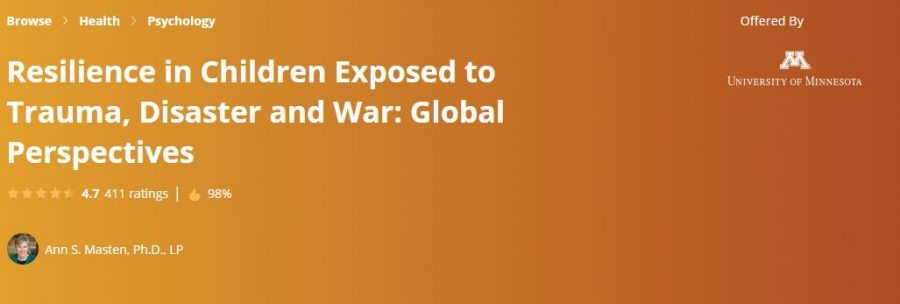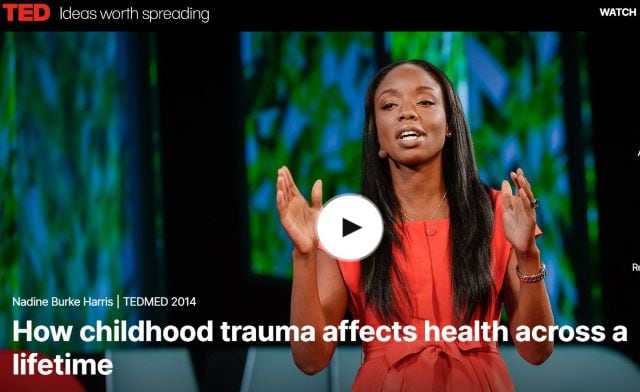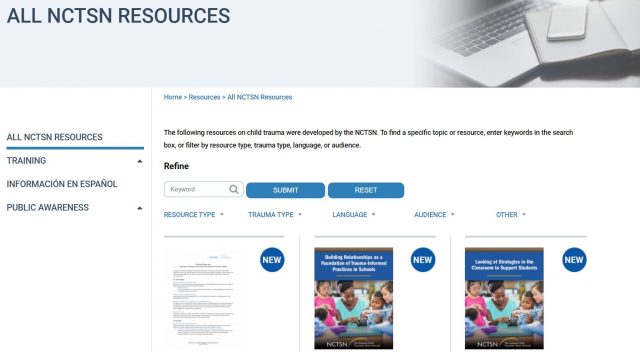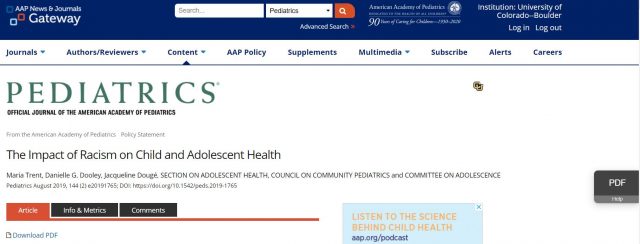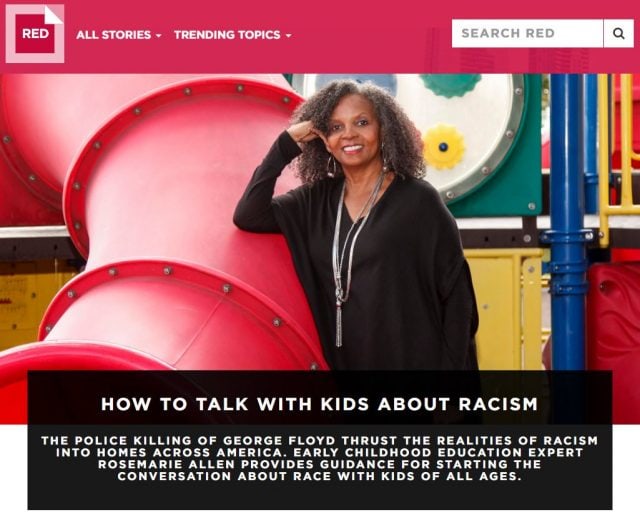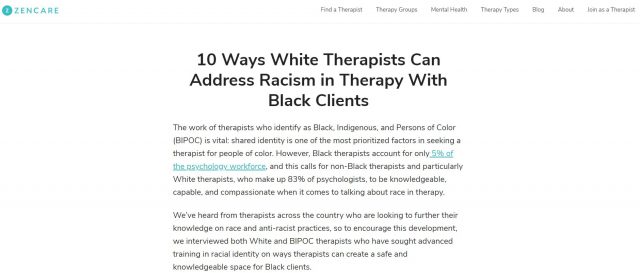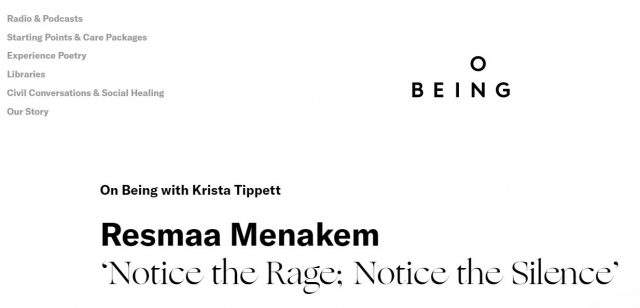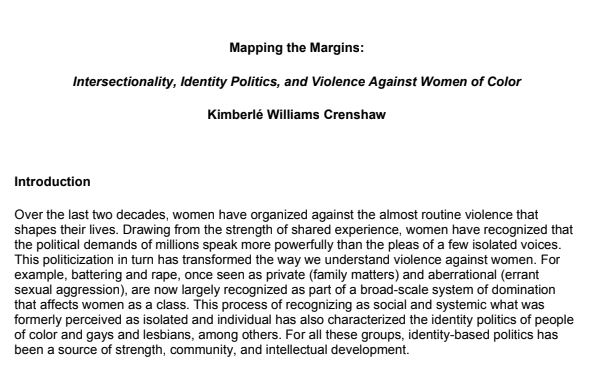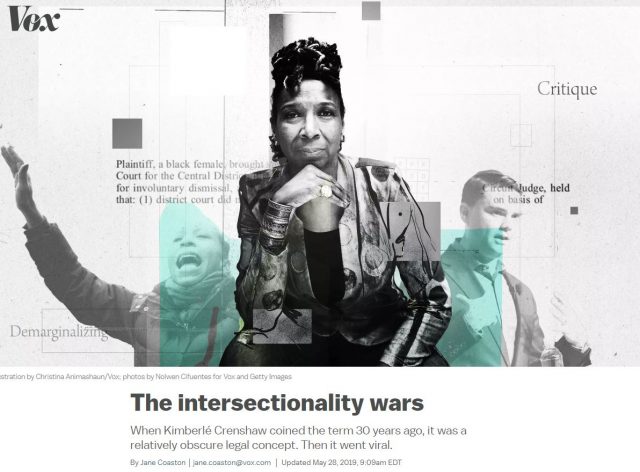A course by Ann Masten Ph.D, on Coursera. During the course participants will learn how trauma can affect children and the systems they depend on, gain insight into core concepts, research methods and lessons learned in last 50 years of resilience research, learn how research is being applied in the real world through interventions that promote resilience, and engage in discussions with others who are working with children at risk around the world
Resource Types
Resource Topic
In this TedMed talk, Pediatrician Nadine Burke Harris, MD, explains that the repeated stress of abuse, neglect and parents struggling with mental health or substance abuse issues has real, tangible effects on the development of the brain.
Direct link to the National Child Traumatic Stress Network's resources, searchable by topic, trauma type, resource and language type.
A statement from the American Academy of Pediatrics on the impact of racism on child and adolescent health.
Ta-Nehisi Coates article from the Atlantic magazine about reparations needed in the United States to begin repairing the compounding impacts racist policies, practices and abuses on the black community.
This article, part of Metro State University's RED (Relevant. Essential. Denver.) magazine, provides insight and direction from three Metro State University equity scholars.
This blog posts provides ten actionable and ongoing steps white therapists can take to address racism in therapy with their clients.
Digital hub of the me too movement. Includes ever expanding content and a Healing Resource Library, a national database of programs and supports for survivors.
A podcast with clinical therapist and trauma specialist Resmaa Menakem as part of On Being with Krista Tippett in which Resmaa highlights specific practices and perspectives he cultivates to increase well-being.
Kimberlѐ Crenshaw's paper exploring intersectionality, identity politics, and violence against women of color.
An article featuring Kimberlѐ Crenshaw who coined the term "intersectionality" 30 years ago. She discusses how the term and concept has grown and in some ways, is misapplied.
In this webinar by the National Child Traumatic Stress Network, risk factors and signs of secondary traumatic stress in educators are presented and strategies for prevention and self-care are presented.


